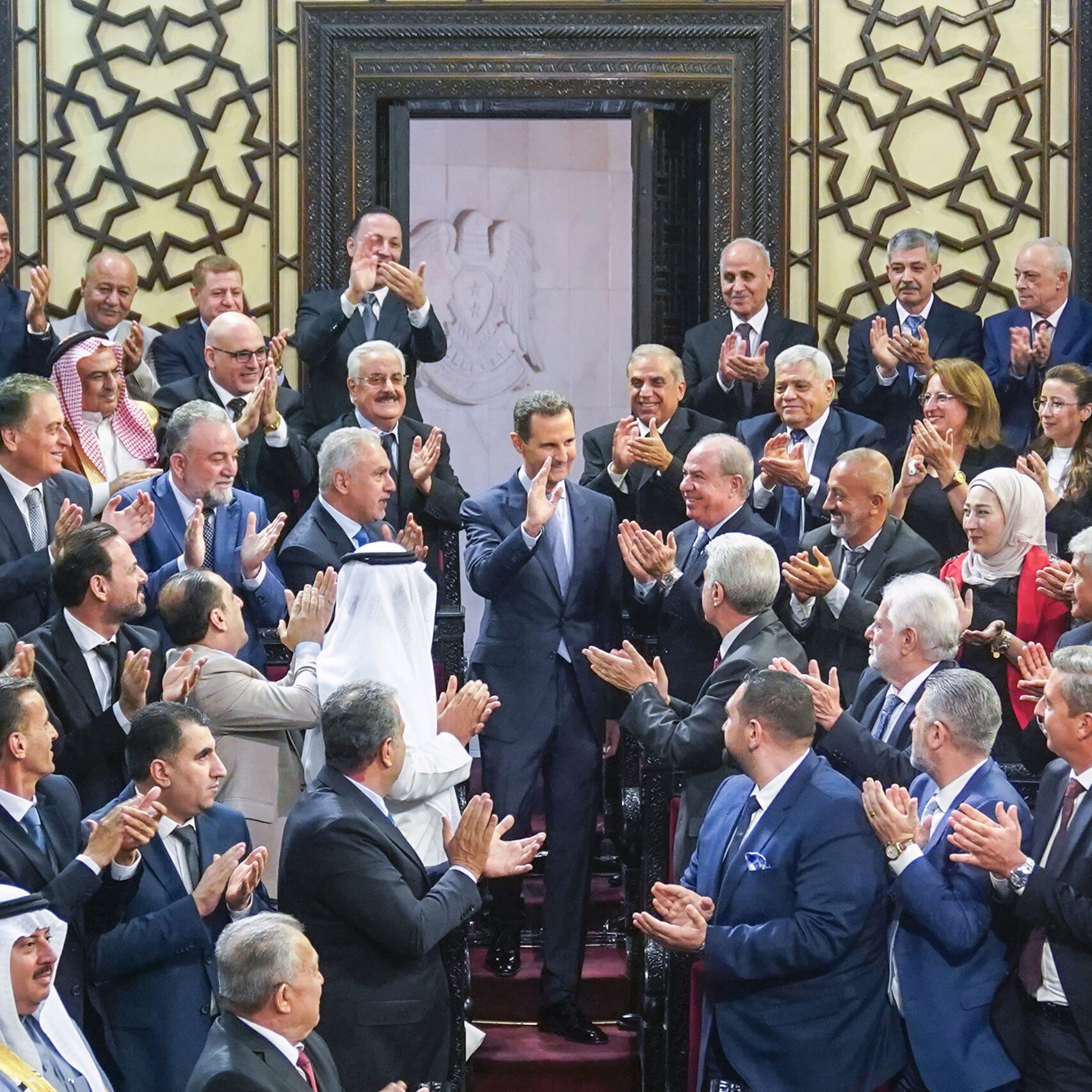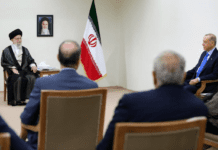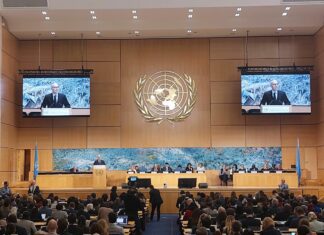
Regime head, Bashar al-Assad set new conditions for the normalization of relations with Turkey in a speech on Sunday, outlining a proposal that would require both countries to agree to codify in writing set “principles” before any further negotiations. This development comes as Turkey reiterates its prerequisites for normalization, including stipulations for the withdrawal of Turkish troops from Syria and the establishment of a new Syrian constitution.
Addressing the People’s Assembly at the opening of its fourth legislative session, Assad emphasized the need for a “clear reference framework for talks,” criticizing previous meetings for lacking such a foundation. He proposed that a joint “principles paper” be drafted to guide future negotiations, addressing issues such as Turkey’s military presence in Syria and the fight against terrorism.
“The current situation is a global crisis,” Assad said, according to the state-run Syrian Arab News Agency (SANA). “It pushes us to work faster to fix what can be fixed… Restoring the relationship requires first removing the reasons that led to its destruction. We will not give up any of our rights.”
Assad’s comments come in response to recent statements by Turkish Defense Minister Yaşar Guler, who emphasized Turkey’s conditions for normalization, including the adoption of a new Syrian constitution, free elections, and the conditions of withdrawal of Turkish forces from Syrian territory. Guler reiterated that Turkey cannot discuss withdrawal until these conditions are met.
Guler’s remarks emphasize Turkey’s stance that any negotiations must be predicated on comprehensive political reforms in Syria. “We can start peace talks with the [Assad regime],” Guler said. “But we have conditions… Hold free elections, and whoever comes to power as a result, we are ready to work with them.”
The divergence in conditions has stalled the normalization process, which began in late 2022 under the mediation of Russia, with Iran and Iraq also playing significant roles. Despite occasional conciliatory gestures from Turkish President Recep Tayyip Erdogan, including his willingness to meet with Assad, no date has been set for such a meeting.
Assad’s insistence on a “principles paper” reflects his regime’s demand for the withdrawal of Turkish forces and an end to what Damascus views as Turkish support for “terrorism.” Assad argued that previous negotiations failed due to a lack of a reference point, making future progress contingent on a “mutual understanding of the core issues.”
The involvement of Iran and Russia in the mediation process adds further complexity. While Russia has been a key mediator, Iran’s role has been more ambivalent, with recent signals from Ankara indicating a desire for Tehran’s constructive involvement in the talks.
The ongoing stalemate reflects the deep mistrust between the two countries, exacerbated by a decade-long war that saw Turkey backing Syrian revolutionary forces while hosting millions of Syrian refugees. Assad’s government, backed by Russia and Iran, has gradually regained control of most of the country, but Turkish forces remain in parts of northern Syria. As both sides continue to reiterate their conditions, the prospect of a breakthrough appears remote.








